Russia relocates three warplanes to Kaliningrad near Lithuania
The Russian army has relocated three warplanes equipped with nuclear-capable hypersonic missiles to its exclave of Kaliningrad on the coast of the Baltic Sea, with the goal of being on “round-the-clock combat duty,” according to Russia’s Defense Ministry.
The defense ministry announced the new plan in a statement on Thursday and said “three Mig-31 aircraft with Kinzhal hypersonic missiles were relocated to the Chkalovsk airfield in the Kaliningrad region.”
President Vladimir Putin says Kinzhal missile is “an ideal weapon.” It flies at 10 times the speed of sound, making it extremely difficult to be intercepted by the missile defense systems.
The city of Kaliningrad, which fully belongs to Russia, is located between the EU and NATO members of Lithuania and Poland. The two countries have taken sides with Kiev in the war in Ukraine.
Russia has been in a dispute with Lithuania since Vilnius banned the rail transit of sanctioned goods from mainland Russia to Kaliningrad, despite an EU order to allow the transit of cargo with the exception of weapons.
Kaliningrad was separated from the Russian mainland following the break-up of the Soviet Union when Lithuania received its independency status in 1990.
Russia to use nuclear weapons only in ‘emergency circumstances’
Russia’s Foreign Ministry has said Moscow would use its nuclear arsenal only in “emergency circumstances” and solely as a “response” measure.
Speaking at a briefing on Thursday, foreign ministry spokesman Ivan Nechaev said, “Russian military doctrine allows a nuclear response only in response to the threat of mass destruction, or when the very existence of the state is threatened.”
“That is, the use of a nuclear arsenal is possible only as part of a response to an attack in self-defense and only in emergencies,” he said, adding that Moscow has no intention of being involved in a direct confrontation with NATO or the United States.
Russia’s Defense Minister Sergei Shoigu had previously depicted as “absolute lies” media speculations on Moscow’s intention of deploying nuclear weapons.
Moscow rejects UN proposal to demilitarize Zaporizhzhia
The Russian government has also rejected a proposal by the United Nations to demilitarize the area around Zaporizhzhia nuclear power plant in Ukraine, saying it would make the facility “more vulnerable”.
Nechayev said the proposal was “unacceptable. He accused Kiev of organizing “provocations” and of being unable to control nationalist armed groups who, Moscow says, shell the plant.
The Russian response came after UN Secretary General Antonio Guterres called for the withdrawal of military personnel and equipment from the power station and for “a safe perimeter of demilitarization.”
Zaporizhzhia, which is the largest nuclear power plant in Europe and among the 10 largest in the world, was captured by Russia in March.
Fears have grown in recent weeks over its safety and the risks of a possible Fukushima-style nuclear disaster.
VIDEO | 'Land of Angels' sweeps 44th Fajr Film Fest. awards
Iran dismisses claims of detainee rights violations as ‘psychological warfare’
VIDEO | The business of humanity
VIDEO | 47th anniversary of Islamic Revolution marked in Russia
Two US Navy ships collide near South America amid Trump buildup
Over 2,000 Britons served in Israeli military during Gaza genocide: Report
Houthi: Iranian, Yemeni revolutions inspire Islamic nation in face of enemy plots
Iran defeating sanctions for decades since Islamic Revolution victory


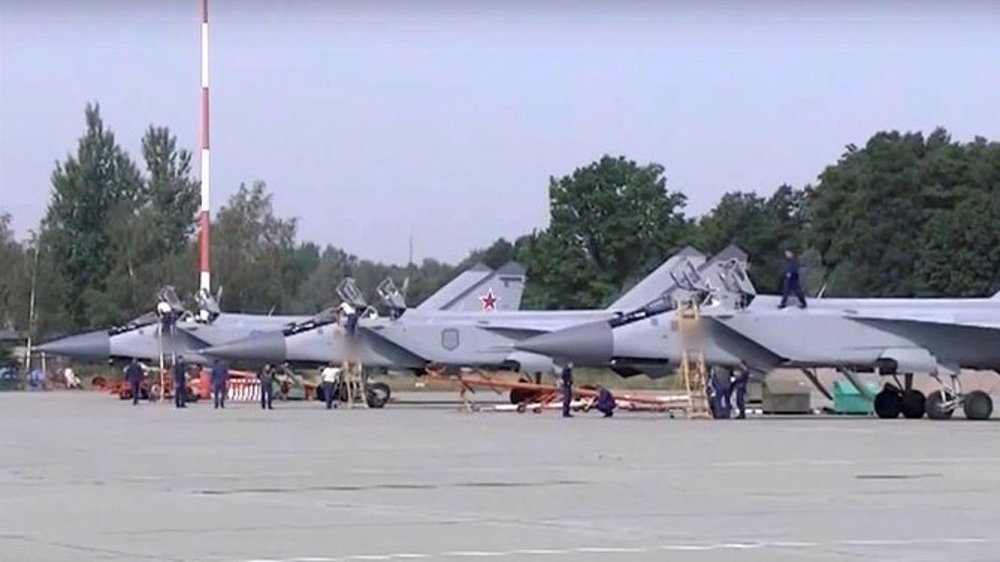
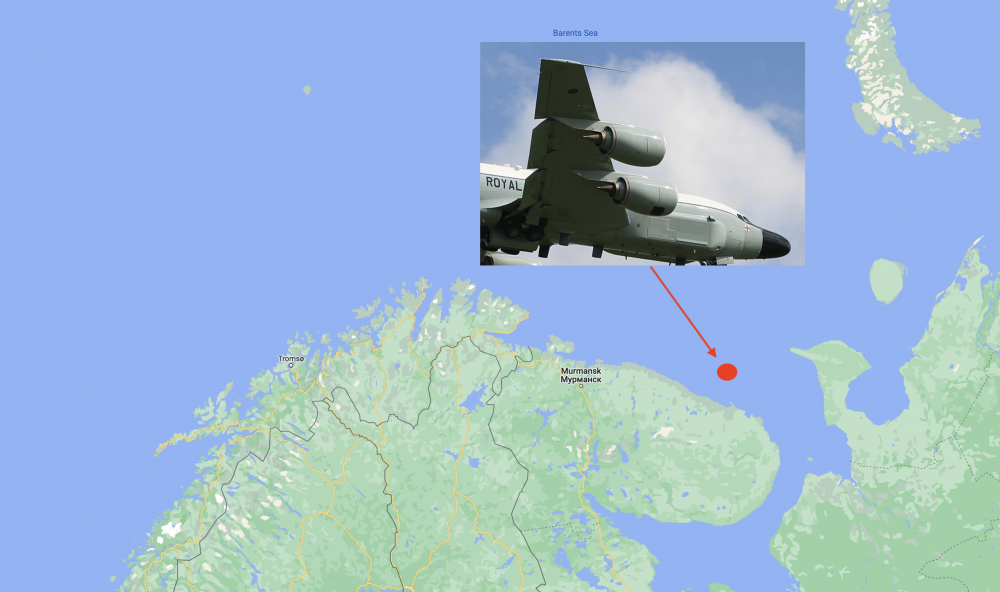
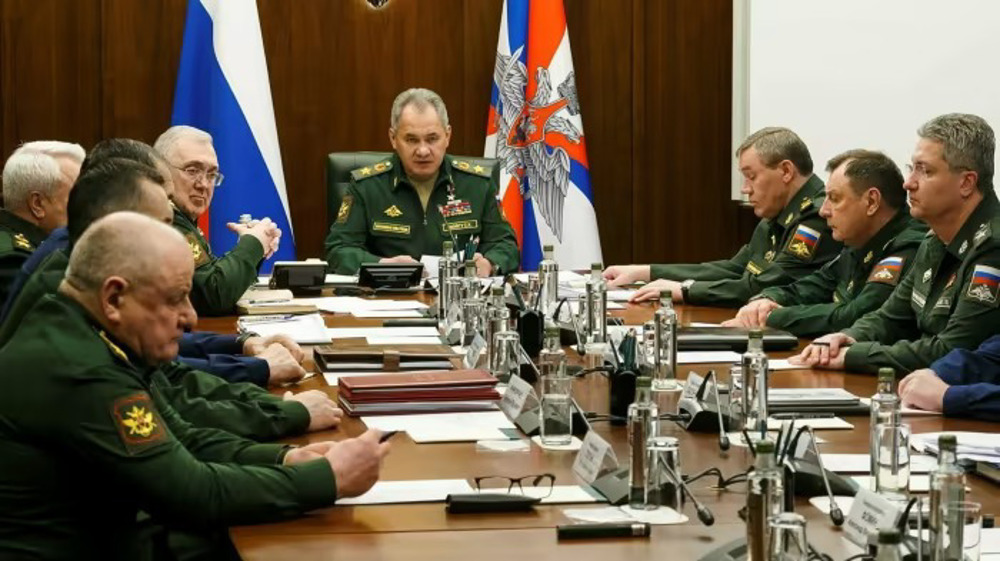
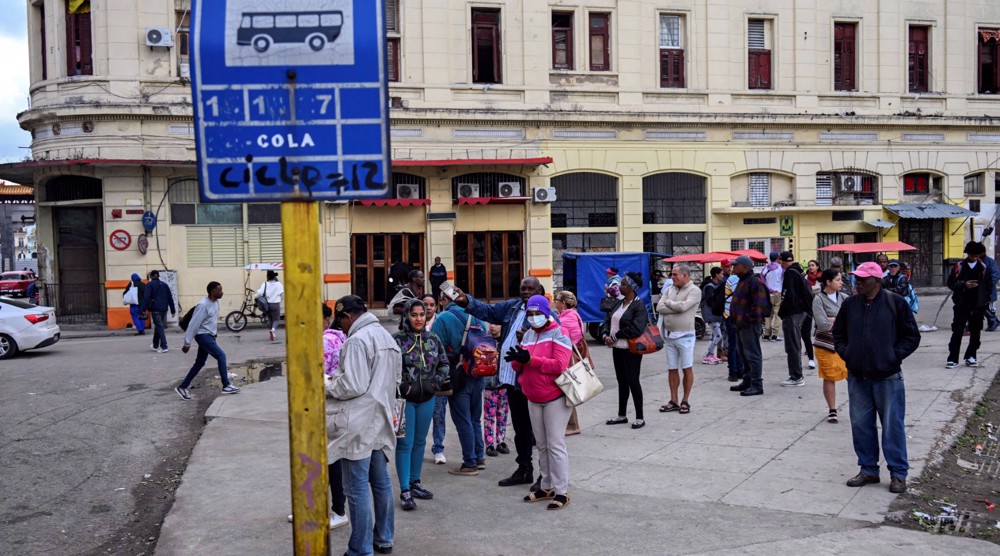
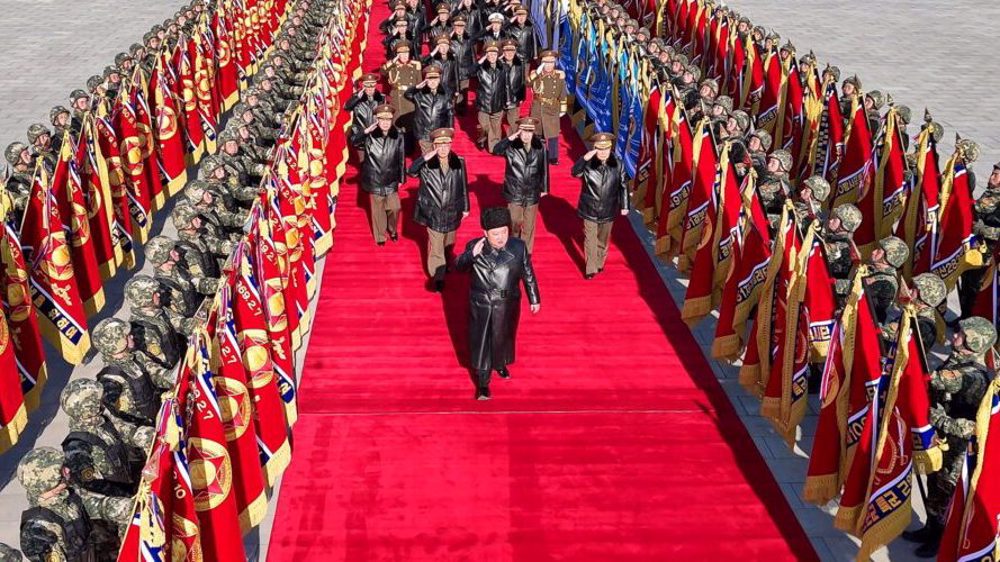
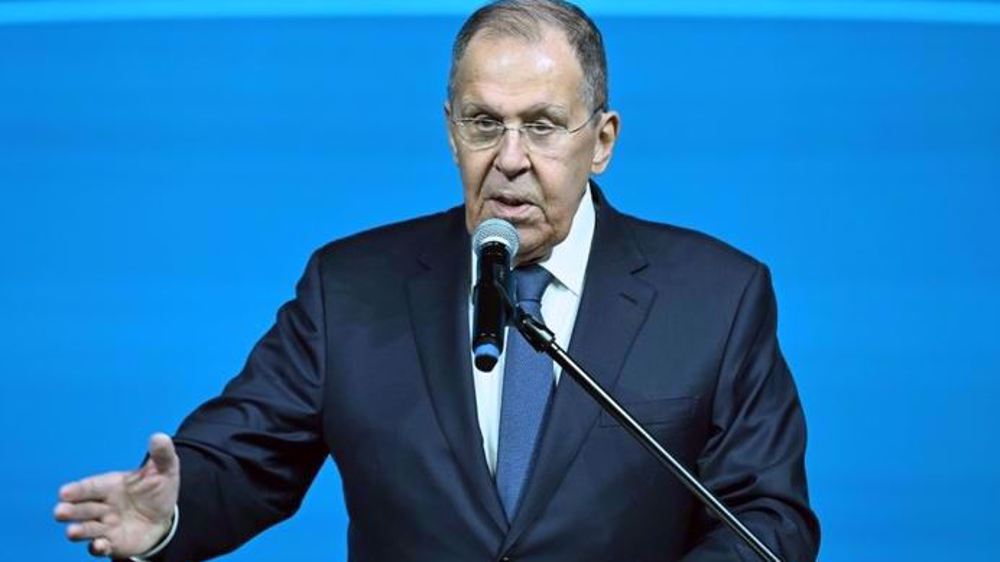




 This makes it easy to access the Press TV website
This makes it easy to access the Press TV website